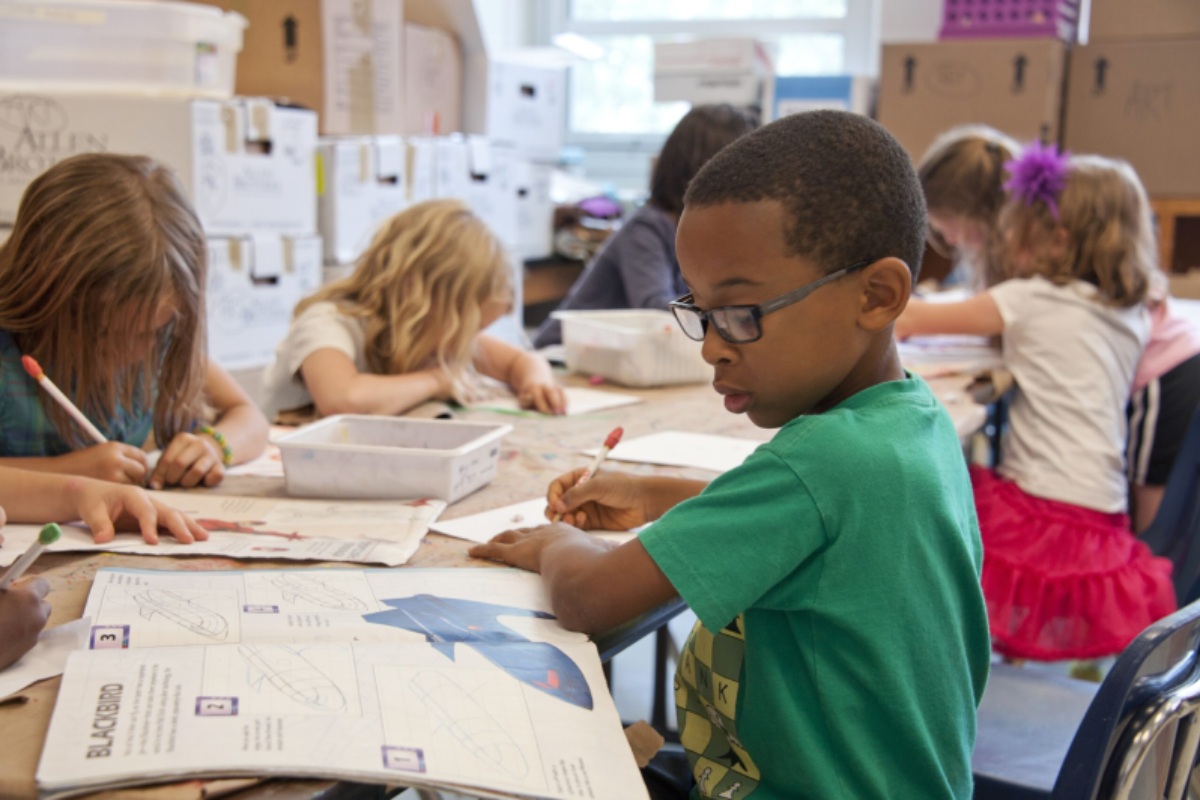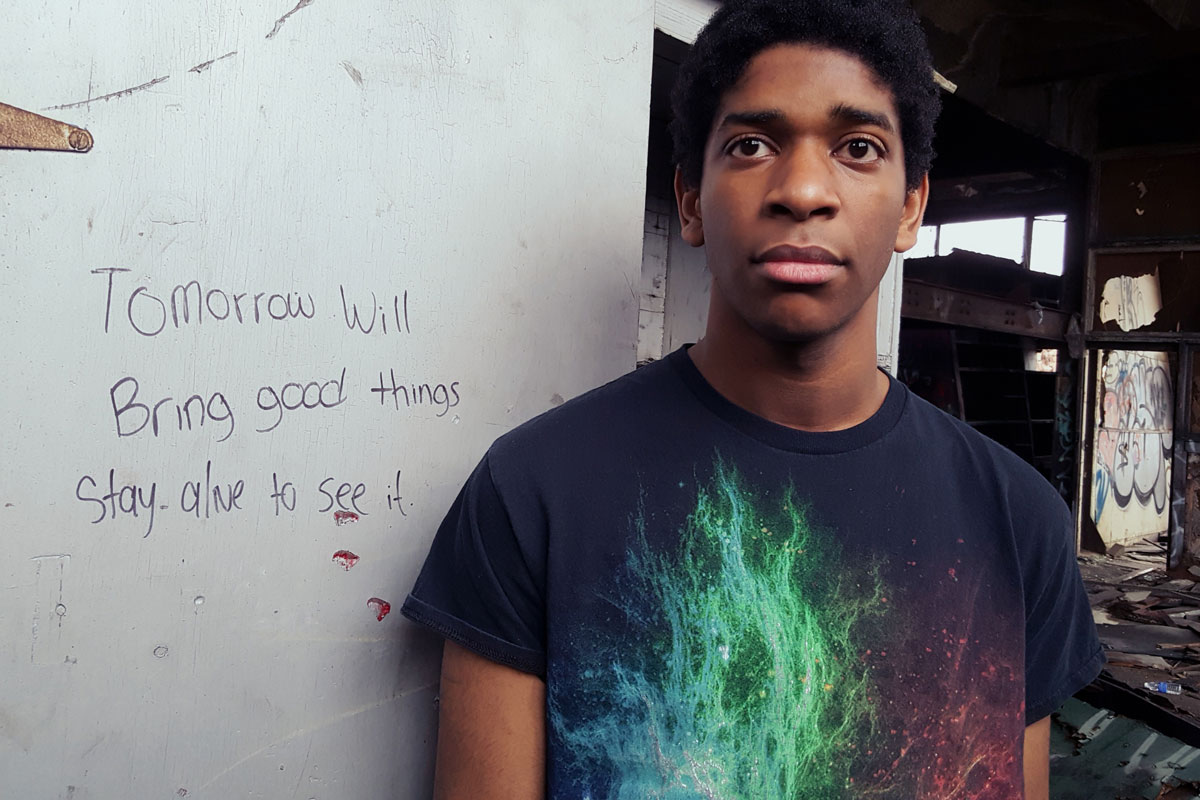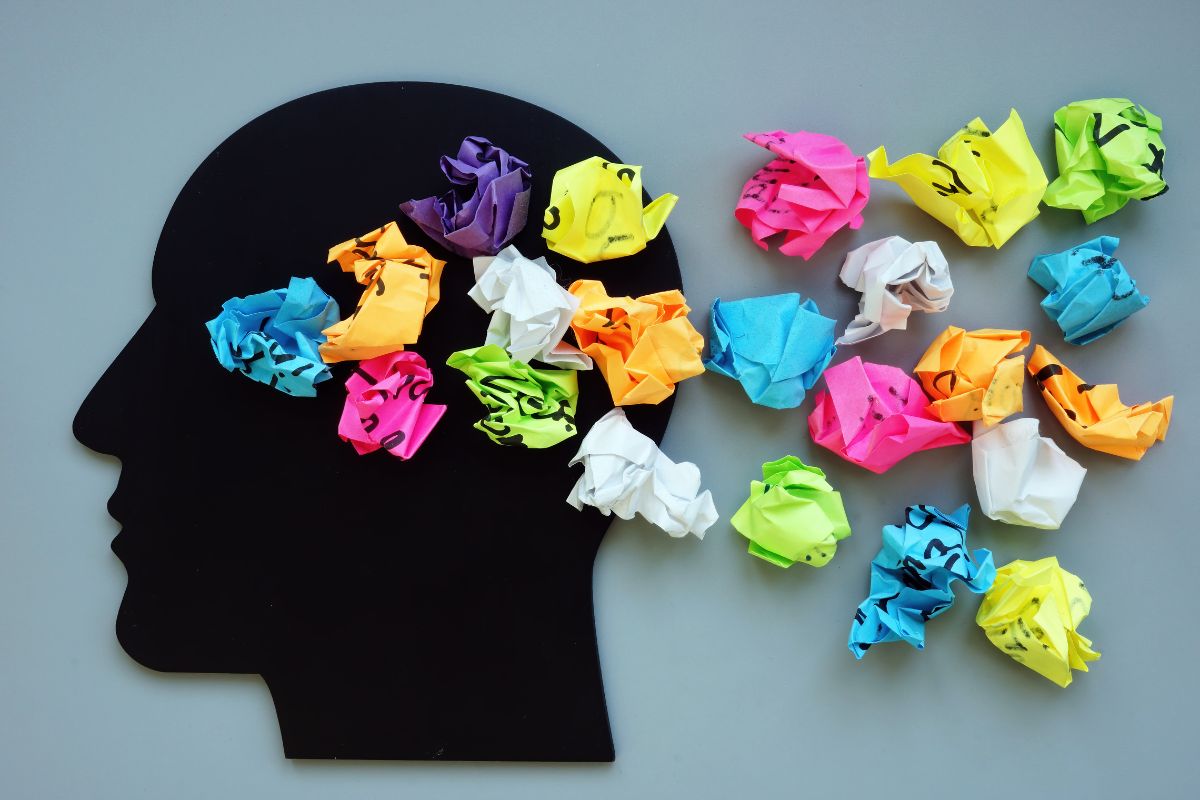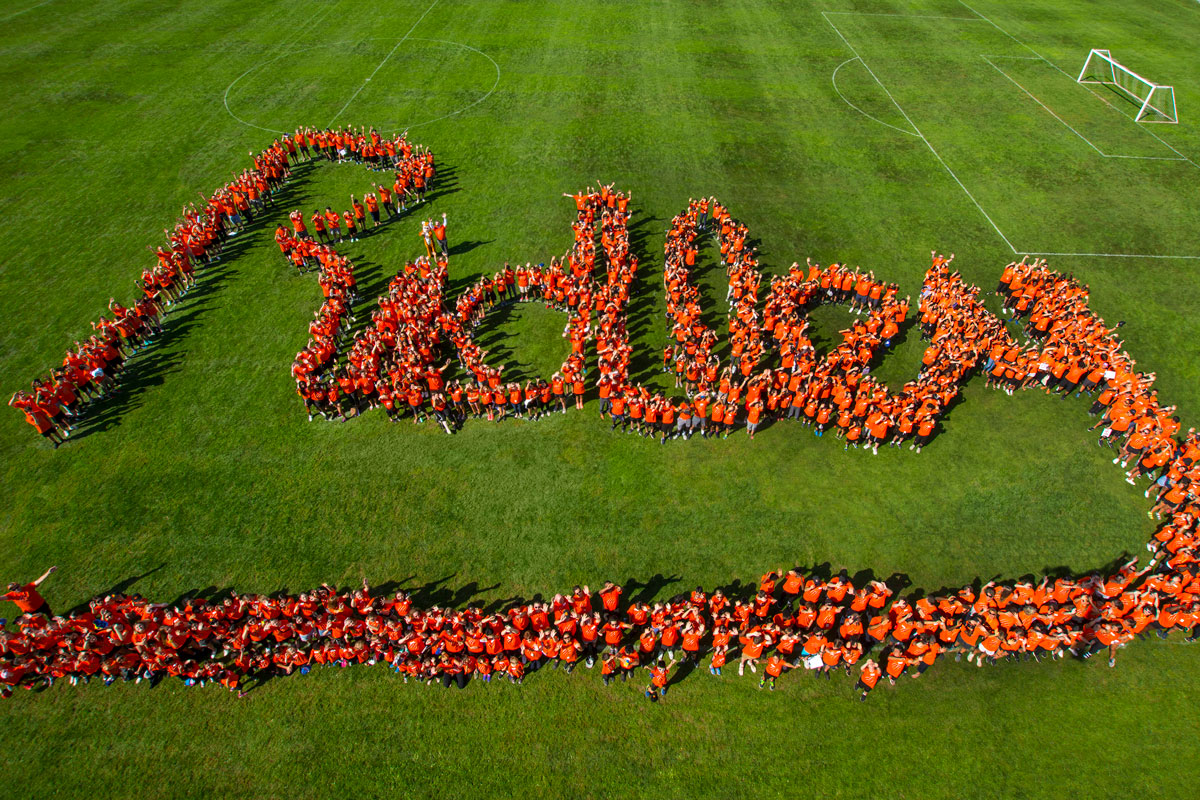Wellness in School: A Multi-Tiered Approach

Trauma-informed practices have been making headway into many public domains, particularly in education as it relates to student engagement, emotional regulation, and behavior management.
Since Dr. Bessel Van Der Kolk released his highly acclaimed book in 2015, The Body Keeps the Score, we have an extensive, and continually growing body of research to help us understand trauma, it’s impact on our mind and body, and how to heal, and guide others on their healing journey from its painstaking mark in our minds and bodies, and ultimately our relationships and life.
Trauma-informed practices, including trauma-informed yoga, create educational opportunities for students and teachers, which includes offering any necessary preventative and corrective behavioral measures, along with age-appropriate therapeutic tools, to process mental and emotional dysregulation, through a trauma-informed lens.
While trauma-informed practices are mainly implemented for the benefit of the student, they are also vital to the teacher understanding and forming authentic relationships with the student, and their own interior world.
Additionally, these practices help us understand how the interplay of the two (the interior world of the teacher and student, and how it impacts external behaviors in themselves, and influences behaviors in each other) can either propel both teacher and student forward in a healthy way, or have them possibly regress in unhealthy attachment behaviors creating a variety of undesired engagement and disengagement cycles.
What does this actually mean?
What does this actually look like?
Instead of simply disciplining students with consequences (and therefore no actual learning other than a fear-based approach), a trauma-informed lens will also incorporate restorative practices to restore the student and teacher back to a meaningful connection with themselves and mutually.
Mounting research suggests that mindfulness and yoga practices can help regulate an overwhelmed nervous system.
When a student is yelling uncontrollably, projecting (placing what’s actually happening to them internally onto the other person), vociferously blaming the other without taking part responsibility, clamming up and retracting without communicating their needs, or acting out in other aggressive ways such as throwing items and hitting others or themselves, their nervous system is unable to manage the intense triggers that ignited the behaviors. The mechanism that controls regulation is shut down in their brain.
So in a school environment that integrates trauma-informed practices, you might find calming zones, calming rooms (where students can completely unload without hurting themselves or others), community circles, and tools and and practices such as yoga and mindfulness, to help students learn how to mentally and emotionally regulate themselves in these moments, and to develop the skill of mindful reflection so they can heal through these trauma-induced reactions, and minimize future occurrence.
When implemented with fidelity these trauma-informed practices work. They work really well.
Despite how well these practices work however, it’s also true that some of our kids need more tailored interventions that promote overall mental and emotional well-being, such as counseling and therapy.
While trauma-informed practices are key in helping students and teachers increase student engagement, emotional regulation, and positive behavior development and management practices, they are not a replacement for the deep and intimate psychotherapy work done in individual and group therapy and counseling.
All that said, a multi-tiered social and emotional learning (SEL) approach is vital to the health and well-being of our students and teachers, and the culture of any school.
This article is available and can be accessed in Spanish here.









